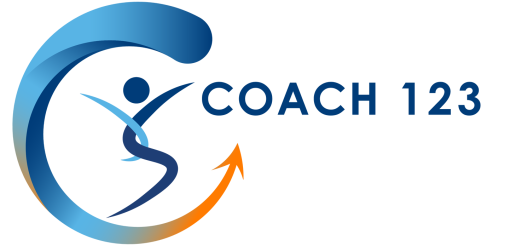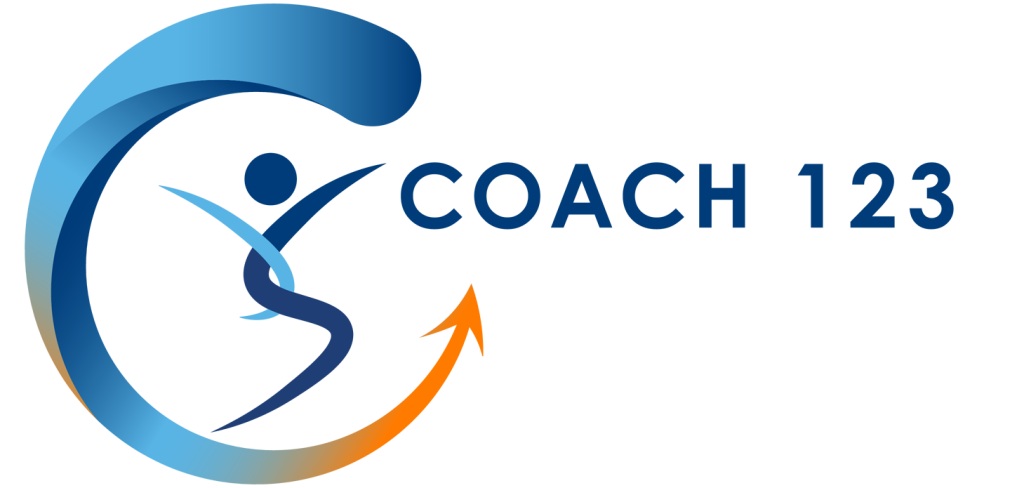How does coaching make a difference?
How does coaching make a difference?

Coaching makes a difference by empowering individuals and teams to achieve their goals through guided self-discovery and development, fostering a growth mindset, and improving overall performance. It helps individuals become more aware of their strengths and weaknesses, take ownership of their actions, and make informed decisions. In organizations, coaching can lead to increased engagement, improved performance, and stronger leadership skills.
Research backs up the value of coaching. For example, Triad Performance Technologies looked at sales coaching. They found sales coaching in the telecommunications industry netted a 1,000% return on investment. Wow. That’s amazing. Public Personnel Management looked at what companies do when they want to increase productivity. Traditionally they focused on training which nets a 22.4% improvement in productivity. When coaching is added with the training, there is an 88% improvement in productivity – four times the impact.
What is the reason coaching makes such a difference? Very few of us want somebody to tell us what to do. If somebody does tell us what to do, even if we think it’s a good idea, we’re probably not going to do it. Coaches put you in charge of figuring out your own answer because ultimately you are your own best expert. You know your circumstances, you know the people involved. You know what you are willing to do. You are aware of what it means to you to accomplish something. Coaches partner with you through the coaching process to support your success. Discovering the right answer for you and ultimately figuring out your own strategies and action plans means you have the ownership and the control of it. That’s the reason coaching works.
One example is career coaching to find the right job. So often when people are job hunting, they get an offer and while maybe it’s not the right thing, they feel they have to take it. Chances are, without a coach they don’t have somebody to help them to really think and talk it through to decide whether to take the job or not so partnering with a coach makes sense for helping them with their decision.
A career coach can also work with you in terms of how you are presenting yourself with your resume, interviewing, and negotiating. A career coach can help you with your job search strategies so that you figure out what your ideal is, and they support you moving toward exactly that through the coaching process, so that you design your own strategies.
Working with a coach in a business is a fabulous idea. Think about it this way: when people start a business, they do it because they are good at whatever the product is, or the services are that they are offering. Very few people have that natural tendency that they bring for that product or service to run the business. Even when people are great businesspeople, ensuring they really think through what they are doing, plan it, plus elevate their decision making by being challenged in their thinking and expand thinking is of tremendous value for the business.
Hiring a coach is a smart decision because whatever it is that you want, wherever it is you are going in your life or career, you are going to have a strategic partner supporting you getting there effectively. When you have that strategic partner, a coach, that helps with getting results. Instead of me answering the question, answer it for yourself. Why hire a coach? Think about your own answer. What is the value to you? What is important to you? What is it that you want? How is having a coach going to make a difference to you? When you think about that, your own answers become obvious.
Here are ways working with a coach makes a difference:
- Improved Performance and Engagement: coaching leads to increased employee engagement, improved performance, and better organizational outcomes.
- Stronger Leadership Development: coaching helps leaders develop their emotional intelligence, communication skills, and ability to inspire and motivate their teams.
- Enhanced Communication and Collaboration: coaching fosters open communication, empathy, and collaboration among team members, leading to a more positive and productive work environment.
- Organizational Change Management: coaching can play a crucial role in navigating organizational change, helping employees adapt to new situations, and embrace innovation.
- Identification and Development of Talent: coaching can help organizations identify and develop high-potential employees, ensuring a strong pipeline of future leaders.
In essence, coaching helps individuals and organizations to tap into their full potential, develop a growth mindset, make conscious and informed decisions, take ownership of their actions, and achieve their goals and improve their lives.











